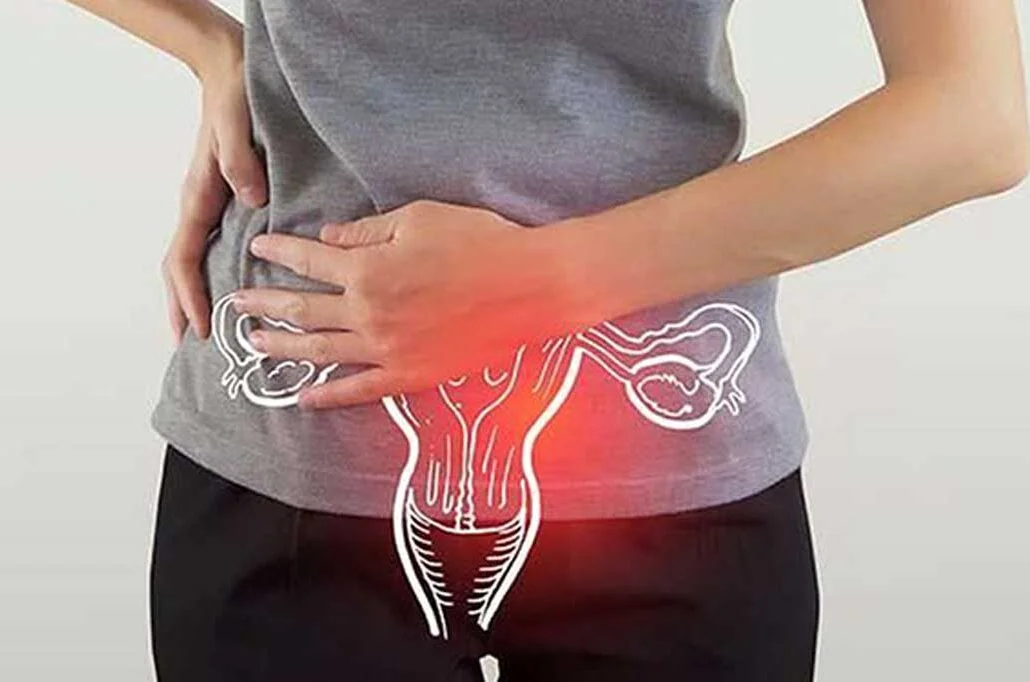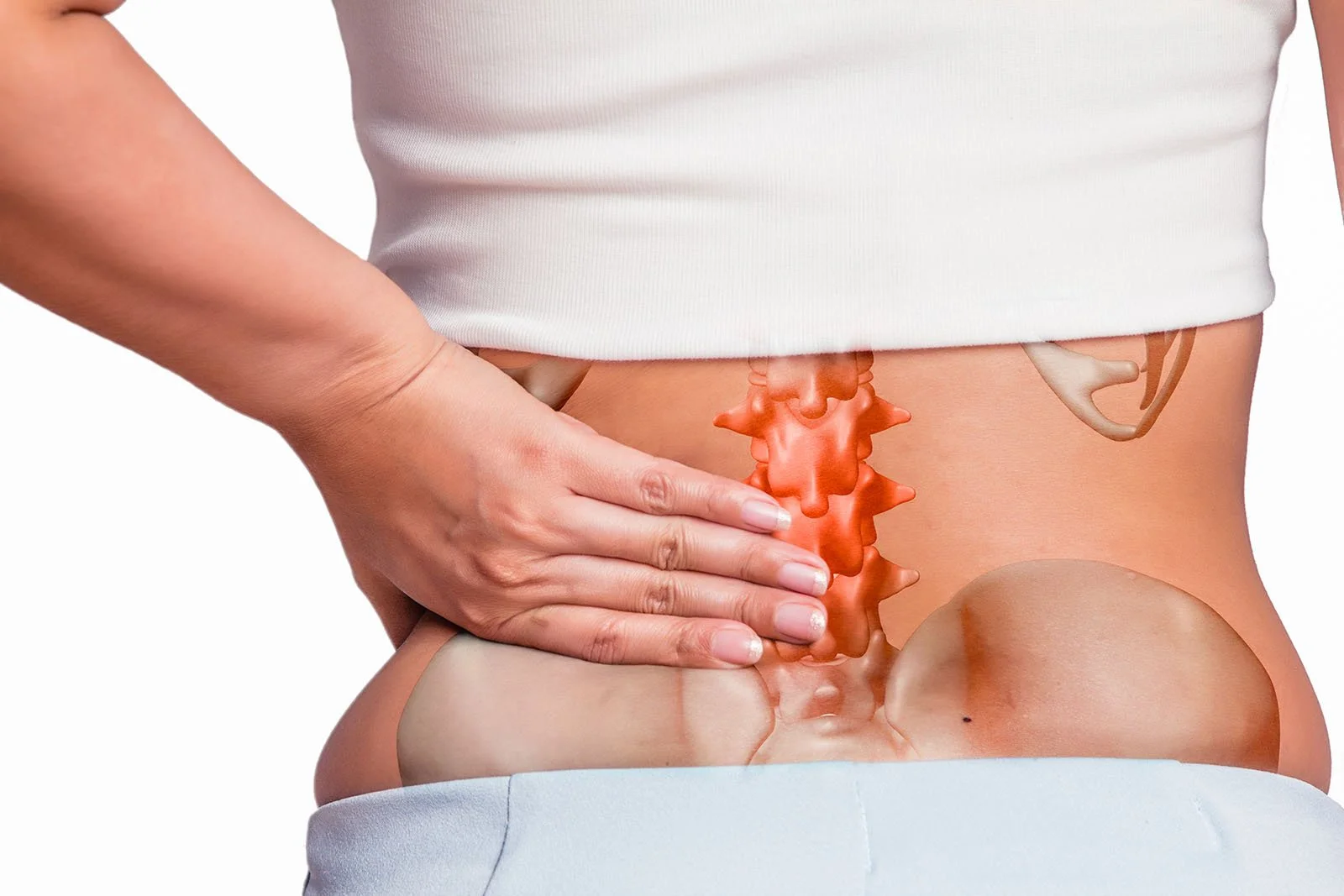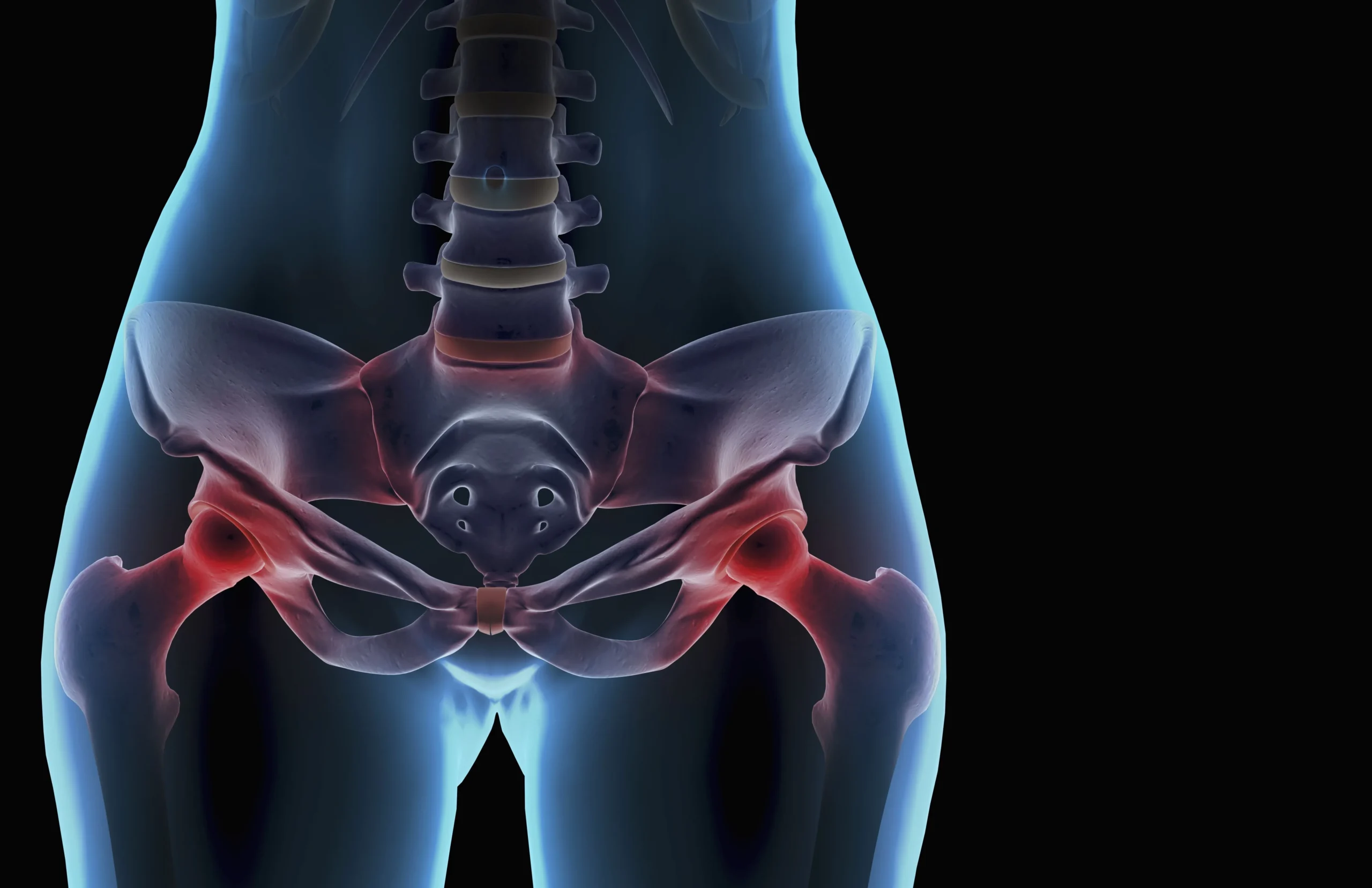Pelvic Pain
Causes of Pelvic Pain?
Pelvic pain can be caused by various conditions affecting the organs, muscles, and tissues within the pelvic area. Common causes include:
- Pelvic Floor Dysfunction: Weakness or tightness in the pelvic floor muscles can cause chronic pain, pressure, or discomfort in the pelvic region.
- Endometriosis: In women, this condition occurs when tissue similar to the lining of the uterus grows outside of it, leading to severe pain during menstruation, intercourse, or other activities.
- Irritable Bowel Syndrome (IBS): IBS can cause cramping, bloating, and pain in the lower abdomen and pelvic area.
- Interstitial Cystitis: This chronic condition affects the bladder, causing persistent pelvic pain, pressure, and urinary frequency.
- Nerve Entrapment: Compression or irritation of nerves in the pelvic region, such as the pudendal nerve, can result in sharp or burning pain.
Understanding the root cause of pelvic pain is essential to developing an effective treatment plan and finding relief.


Treatment Options for Pelvic Pain
Treatment for pelvic pain depends on the underlying cause, but multiple approaches can help manage symptoms and improve quality of life:
- Medications: Pain relievers, anti-inflammatories, and muscle relaxants can provide relief for many types of pelvic pain.
- Physical Therapy: Pelvic floor therapy can address muscle imbalances, reduce pain, and improve function. Specific exercises and techniques are designed to relax and strengthen the pelvic floor muscles.
- Injections and Nerve Blocks: Interventional pain management techniques, such as nerve blocks or corticosteroid injections, can target specific areas of pain and reduce inflammation, providing significant relief.
- Lifestyle Changes: Dietary adjustments, stress management, and posture improvement can also play a role in reducing pelvic pain, especially for conditions like IBS or pelvic floor dysfunction.
Our approach focuses on customizing a treatment plan to meet your unique needs, helping you regain control over your symptoms and your life.
Regenerative Therapy for Pelvic Pain
Regenerative medicine is emerging as an exciting option for managing chronic pelvic pain. Advanced therapies such as Platelet-Rich Plasma (PRP) and stem cell therapy can promote healing by stimulating the body’s natural repair processes. These therapies have shown promise in conditions like pelvic floor dysfunction, muscle injuries, and nerve-related pain.
In addition to regenerative medicine, we utilize interventional therapies such as nerve blocks and targeted injections to help alleviate pelvic pain. When these therapies are indicated, we have seen encouraging results, offering hope for long-lasting pain relief and improved function.

